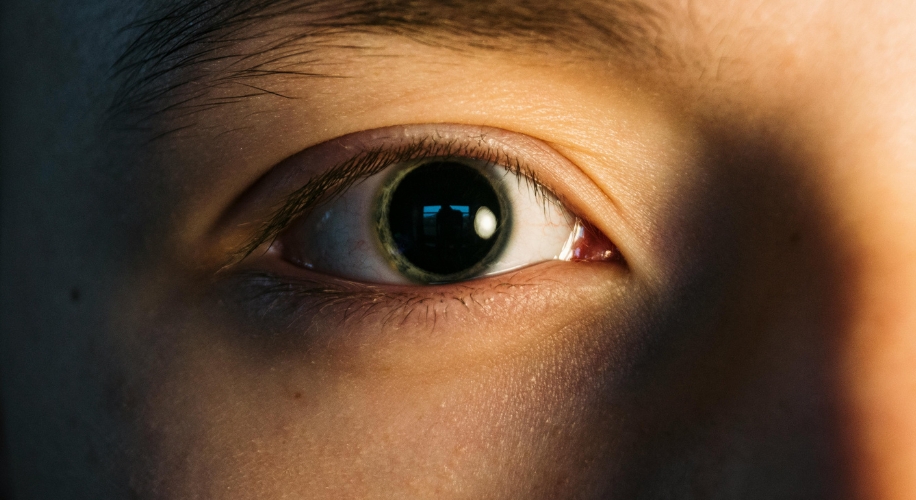Shedding Light on Your Eye Health: Understanding Dilation
- BY Catherine Ong
- IN Eye Health
What is Dilation?
Dilation is a process commonly performed during an eye examination to allow your eye doctor to get a better view at the structures inside your eye including your retina and your crystalline lens. It involves the use of medicated eye drops that cause the pupil to enlarge or dilate. The drops work by attaching to two muscles on your iris, the colored part of your eye. The first muscle is your iris dilator, which gets engaged, while the second muscle is your iris sphincter, which is relaxed. Together, this produces the optimal dilation for retinal viewing.

Photo by Wojtek Pacześ
Why We Need Dilation
Dilation is an essential part of a comprehensive eye exam because it enables your eye doctor to thoroughly evaluate the health of your eyes. By enlarging the pupil, your doctor can examine structures including the retina, optic nerve, and blood vessels. This examination is crucial for detecting a wide range of eye conditions and diseases, such as diabetic retinopathy, glaucoma, macular degeneration, and retinal detachment, in their early stages when they are most treatable.
How Long Does Dilation Last?
After dilation, you may experience blurry vision, sensitivity to light, and difficulty focusing on close objects for several hours. However, the duration of dilation can vary from person to person and depends on various factors such as:
- Age: Dilation may last longer in older adults due to changes in muscular response
- Eye Color: Individuals with darker colored eyes, such as brown, may experience slower dilation due to having more pigment in their irises
- Medications: Certain medications can affect the duration of dilation.
- Dilation Agent: The type and concentration of the dilating agent used can influence how long dilation lasts.

Photo by Angela Roma
Prioritize Your Eye Health
Dilation plays a crucial role in maintaining optimal eye health by allowing eye care professionals to thoroughly assess the internal structures of the eye. While dilation may cause temporary discomfort and sensitivity to light, its benefits far outweigh the temporary inconvenience. Therefore, prioritize regular eye exams and follow your eyecare professional’s recommendations for optimal vision and eye health.
Don’t wait until vision problems arise—schedule your comprehensive eye exam to ensure your eyes are healthy and functioning optimally. Your eyes are invaluable assets, and investing in their care now can prevent future complications and maintain clear vision for years to come.
